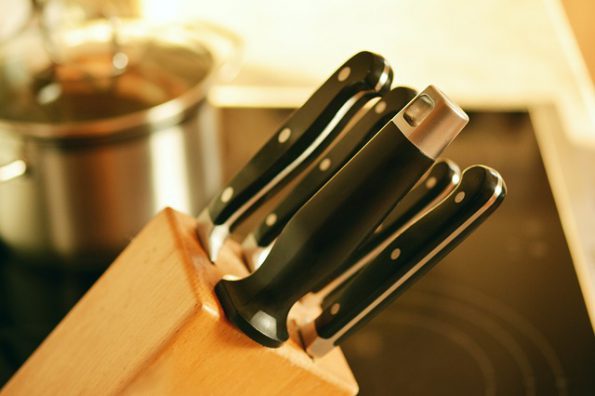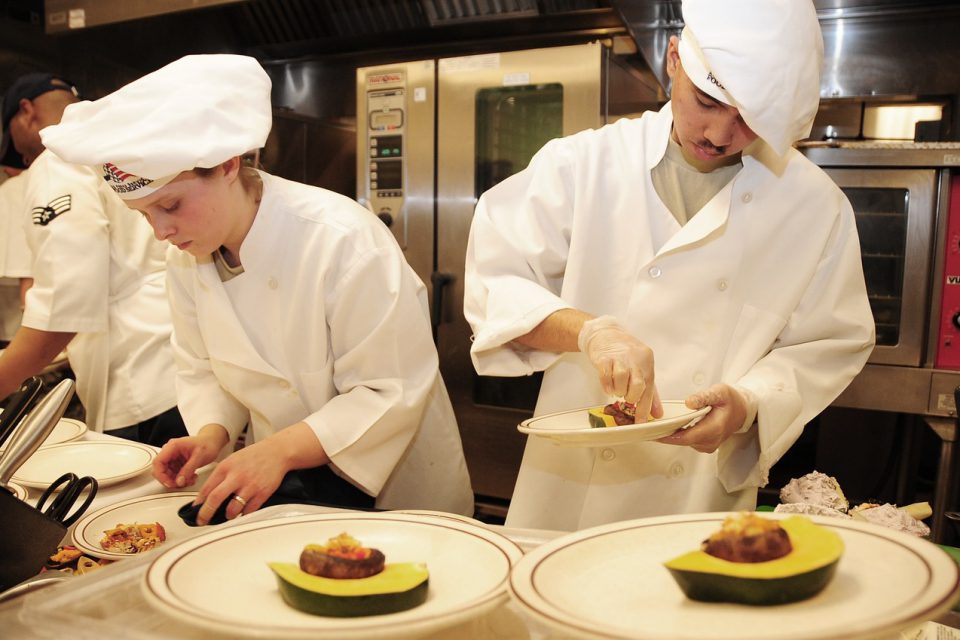Each regiment has its rules. An author must know the guideline of English and similarly, a driver must know rules and regulations of the road. What’s more, chef and bakery specialists need to understand the guidelines about the kitchen. These ten standards are what I consider most critical in the kitchen. Learn them and you’ll have the capacity to master each kitchen creation you are going to try!
- The most effective method to Read a Recipe:
The initial step when making any new recipe is to read the whole procedure carefully, from beginning to end. Read again and again any expressions you don’t understand. There’s no disgrace in accepting that you don’t understand something – everybody doesn’t have all information about cooking and preparing! You can also make changes to the recipe if you want to but be careful in bringing changes. An excessive amount of change can create issues.
- Understand Terms:
Do you know the difference between a baking soda and baking powder? A well-explained glossary is a must for good cooking. Read through a glossary or two to ensure you comprehend the terms and the procedure of cooking.
- Pay Attention to Hygienic Food:
Hygienic food is the basic factor of cooking food. It doesn’t make a difference how complicated and tasty your recipe is: if it makes individuals ill because of unhygienic cooking, your efforts are of no use. You can’t take a decision that if the food looks good and tasty, would it be safe to eat. Appropriate cooking, storage and handling are the main approaches to guarantee safe food.
- Know How to Gauge:
Measuring precisely is presumably an essential cooking ability in the kitchen. A recipe may perform well despite the fact that a number of ingredients are changed. Despite the fact that the formulas in cookbooks are very ‘tolerant’, and the cook still needs to follow fundamental rules of measuring for better results.
- Usage of Knife:
 During the preparation of food, a knife is your best companion, or it can cause injury- relying upon your skills and your information about knife skills. One must know some essential safety hints and tips for using a knife.
During the preparation of food, a knife is your best companion, or it can cause injury- relying upon your skills and your information about knife skills. One must know some essential safety hints and tips for using a knife.
- Understand Doneness Tests:
Whatever is your self-preference, there are some basic doneness tests one should learn before start testing. For every recipe, there must be different testing criteria as for cake, bread, cookies, chicken vegetables and much more.
- Learn Equivalents and Substitutions:
Part of the enjoyment of baking and cooking is changing the different recipe just to make them one’s own by food substituting one like. However, there are still principles to follow. Learn great substitutes for flavors, cheeses, and other food. The equivalent is a basic component of cooking. How many wafers would you crush to a cup measurement?
- Safety of Kitchen:
A kitchen is a hazardous place. You are not only working with boiling fluid and hot surfaces, at the same time you’re taking care of sharp utensils and knives that can harm you in a moment. Surging around the kitchen will nearly ensure harm.
- Food Sciences Information:
Simply read through articles about food sciences and it will improve your cooking. You’ll surely understand the white color of fish after cooking, why excessive amount of flour ruins cakes and cookies.
- Instructions to Arrange a Meal:
Arranging a meal can be scary for starting cooks. Take a couple of minutes to sort out your recipes and soon any meal arrangement will be second nature.
There are a number of restaurant out there and there are different chefs who are working harder to bring taste in your lives. Being a chef is a talent only few people can have such a talent to bring magic into lives with their taste.
